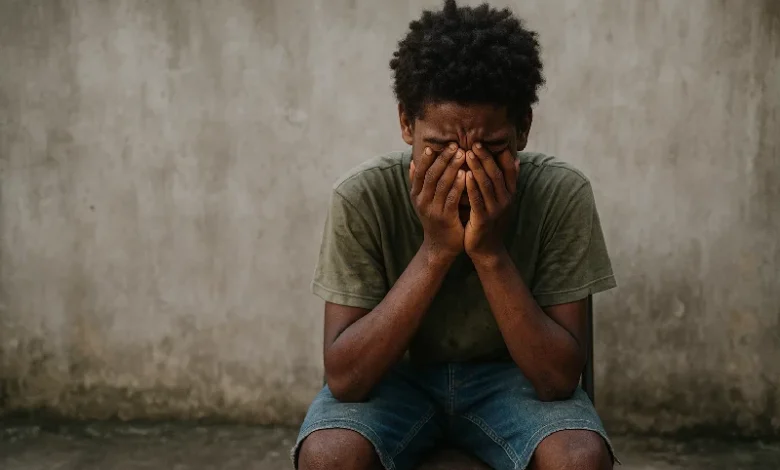Children and Young Persons Act – Dominica (1970, Chap. 37:50)

The Children and Young Persons Act (for Dominica, aged under 14 for “child,” 14–17 for “young person”) serves as the foundational legal framework for managing minors involved in delinquency or in need of protection. First enacted in 1970 and amended in 1995, its core purpose is to uphold juvenile welfare, safeguard young people, and offer rehabilitative options that respect their evolving needs.
Scope and Objectives of the Legislation
The Act primarily covers four broad areas: care and protection of children, juvenile justice, regulation of institutions, and legal procedures involving minors.
Its core purpose is to prevent neglect, exploitation, and delinquency among minors by providing alternatives to incarceration, offering protection services, and ensuring access to education and shelter. The law reinforces the principle that children should only be placed in detention as a last resort and for the shortest appropriate time.
Protection from Neglect and Abuse
The Act makes it a criminal offence for a parent or guardian to wilfully neglect, abuse, or expose a child to danger. This includes failure to provide adequate food, clothing, education, medical care, or shelter. It also criminalises allowing children to reside in brothels or to be involved in criminal enterprises or exploitative labour.
The Dominica Police Force, Social Welfare Division, and authorised officers are empowered to remove children from unsafe environments. In such cases, a magistrate may order that the child be committed to the care of a relative, a foster guardian, or a designated institution.
Juvenile Justice and Court Proceedings
Children and young persons accused of committing offences are dealt with in specially designated Juvenile Courts, which operate under procedures that prioritise privacy and rehabilitation. These courts are mandated to sit in closed sessions, and media coverage identifying the minor is strictly prohibited.
Where possible, alternatives such as probation, community service, or placement in approved schools are preferred over custodial sentences. However, where a young person is found guilty of a serious offence, the court may order detention at a juvenile centre or place of safety until they reach the age of maturity.
Institutional Framework
The Act recognises and regulates approved schools and industrial institutions for children who need care or have been found guilty of criminal conduct. These facilities are monitored by appointed inspectors to ensure compliance with standards in education, health, discipline, and rehabilitation.
The Probation Unit operate under the Act to prepare social inquiry reports, advise courts on appropriate interventions, and provide post-release supervision for young offenders. The state is also obligated to maintain a register of children in institutional care and report annually on the condition and outcomes of such placements.
Adoption and Guardianship
While the Act is not the sole law governing adoption in Dominica, it outlines specific protections for children involved in guardianship arrangements. No child can be legally handed over to another party for care or employment without the prior approval of the Magistrate’s Court. This is to prevent trafficking, unregulated adoption, and illegal labour practices.
Special provision is made for children who are orphaned or abandoned, granting the courts the power to assign legal guardianship to responsible adults or government-approved homes after a thorough inquiry.
Modern Relevance and Ongoing Reform
Although the Act remains an important part of the Dominican legal landscape, stakeholders, including the Ministry for Social Services, legal practitioners, and UNICEF partners, have repeatedly called for updates to align the law with international conventions such as the Convention on the Rights of the Child (CRC). Proposed revisions include stronger protections against online abuse, clearer definitions of child labour, and more emphasis on community-based rehabilitation.
The Act’s relevance also intersects with other key legislation, including the Education Act, Juvenile Offenders’ Punishment Act, and the Domestic Violence Act, forming a broader legal ecosystem for child rights in Dominica.
In recent years, calls have intensified for the creation of a Child Justice Bill that would modernise provisions within the Children and Young Persons Act and replace punitive models with restorative approaches. Until such reforms are implemented, this Act remains the principal statutory framework for the protection and rehabilitation of minors across the island.




